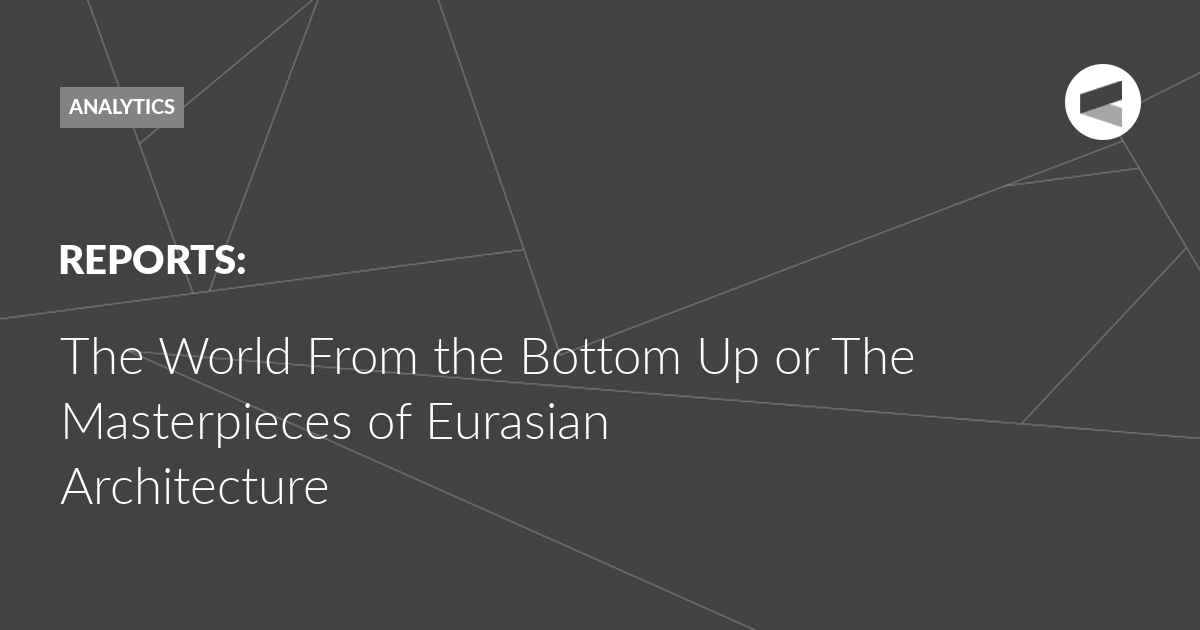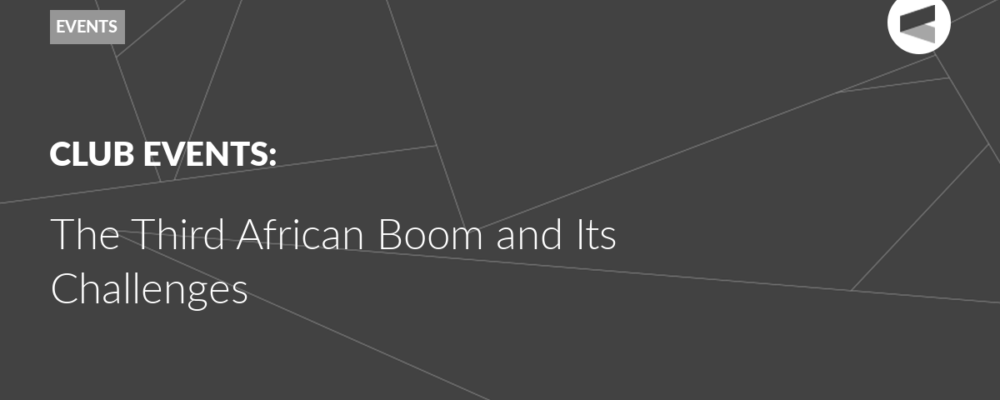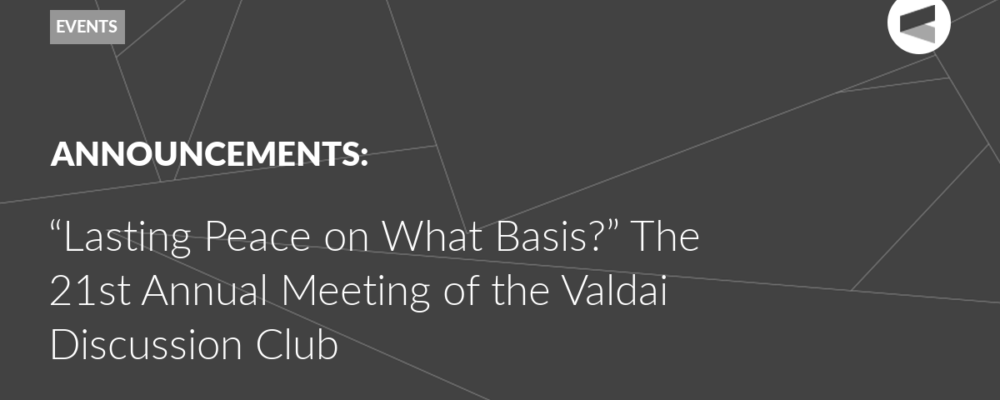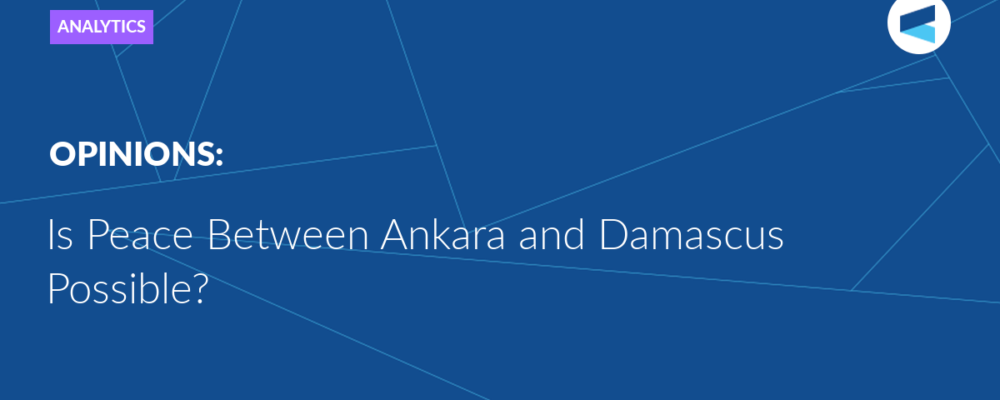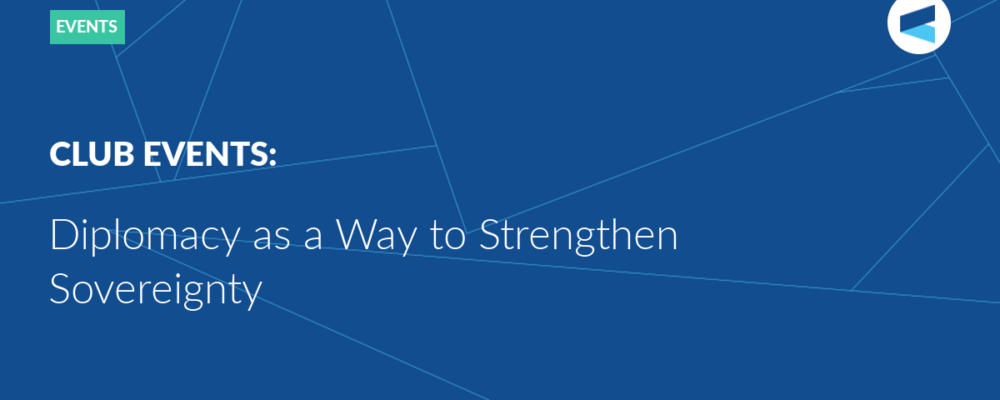“There is nothing permanent except change… from differences results the most beautiful harmony”
Heraclitus of Ephesus, 5th century BC
If there is a central theme to this year, it is probably the world getting accustomed to the lack of predetermined scenarios. Discussions focusing on international order are fading; the former order no longer functions, and there’s no knowledge what the new one, if it ever materialises, will look like. When the authors of an annual Valdai report suggested
several years ago that order, as we know it, was unlikely to ever emerge, their hypothesis drew restrained comments at best. How can we possibly do without order?
However, the habit of living in a structured international system was formed relatively recently by historical standards. The political history has been largely marked by unregulated international relations. These relations took shape in the process of interaction between the countries and quickly changed. What we now habitually call a multipolar or a polycentric world is reminiscent, in its form, of a return to an environment last seen before the Great War that broke out in the early 20th century. However, such parallels are misleading, because the international relations today are structured in a whole different manner.
First, despite stark differences, the world remains an integral and interconnected place. Conflicts do not sever ties but warp them, quite badly at times.
Second, compared to the turn of the 19th and the 20th centuries, or even 1945 when the most robust so far known global order was established, the number of significant players influencing international processes has increased almost by orders of magnitude. That includes more than just major countries.
Previous approaches to establishing the global balance through peaceful or military means are no longer effective, and the countries have yet to see innovative tools make their way to their arsenals. We will be compelled to make do with what we have and accommodate this toolset to dealing with the changed circumstances. This will require everyone to re-interpret the ongoing developments and to forgo the stereotypes that defined our perspectives in the previous era. In last year’s report, we suggested that the impossibility of structuring international relations around a hierarchy-based approach would be a hallmark of the coming era. The ensuing events showed that things have indeed taken this course.
***
In the middle of the 20th century, the world was built from the top down, from the peak of the hierarchical pyramid down to its base. The new system will not be that consistent, but it will be far more democratic. It is being built from the bottom up and relies on self-organisation and cooperation between countries within individual regions, where they must jointly address pressing, practical issues. If humanity avoids making the mistakes that will set it back as was the case in the past, then practical interaction at the regional level will give rise to a new system that will capture the planet’s complexity and diversity and be able to transform these qualities from obstacles on the way to development into a foundation for growth.
The Valdai Discussion Club was established in 2004. It is named after Lake Valdai, which is located close to Veliky Novgorod, where the Club’s first meeting took place.
Please visit the firm link to site


